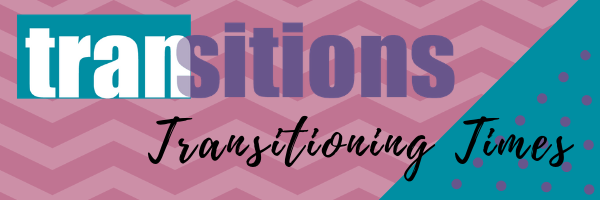Welcome to Our Americorps Volunteers!
Transitions is pleased to have received two volunteers through Americorps, continuing our relationship with this valuable program. Disneyanna is providing direct services to child clients and Ethel is serving as a volunteer in our Education Department. They started working in September and have been settling in nicely. Please see the introductions they provided below. My name is Ethel Friar. During the last fifteen years I have had many opportunities to travel throughout the U.S. and Asia. Although my first love is writing (and reading) fiction, I have volunteered extensively in the different places where I have lived – in orphanages, international schools, private tutoring, churches, and libraries. My favorite volunteer positions were teaching English to Chinese children in Hsinchu, Taiwan, and in the Montessori classroom at the Soong Ching Ling Kindergarten in Shanghai, China. With this in mind, I am greatly looking forward to the year ahead, working as an Education O

